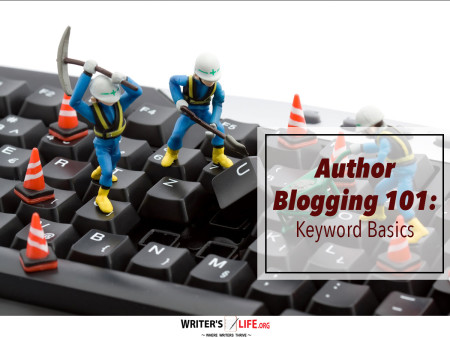- How To Tackle Jealousy In Creative Writing
- Common Submission Mistakes
- How To Stop Your Blog Becoming Boring
- The One Thing Every Successful Writer Has In Common
- How To Make Yourself Aware Of Publishing Scams
- Why Almost ALL Writers Make These Grammar Mistakes At Some Point
- 5 Tips For Authors On How To Deal With Rejection
- Top Mistakes to Avoid When Writing a Novel
- How to Avoid Common New Writer Mistakes
- 10 Mistakes New Fiction Writers Make
How To Write Simply But Effectively

Whatever kind of writing you are working on, one of the most common mistakes is trying too hard and making it overly complicated. This is true whether you are writing a blog or a novel.
Many writers can get so caught up in wanting to come across as impressive or intelligent that they forget that some of the most influential writing is not full of ridiculously long and complicated words or overly convoluted sentences. Instead, there is great beauty to be found in simplicity - and often the most uncomplicated writing has the most significant effect.
Writing simply but effectively is an important quality for any writer. Remember, you always have a finite number of words to write with and therefore should make each and every one of them count. By being too flowery with your language, by being painstakingly detailed with your descriptions by using language that your readers will struggle to understand you are isolating them rather than drawing them in. While a reader may be able to forgive this once or twice if your prose is littered with such errors, they will soon lose interest in what you have to say, and eventually give up altogether.
So how can you reassess your writing to ensure that you are keeping it simple and therefore delivering the greatest impact?
Here are some useful tips.
Be factual and direct
In journalistic writing one of the most common pieces of advice given is to ensure you cover all the facts. You can do so be asking yourself the 5 Ws. Who, What, When, Where and Why? There is no reason why you can’t apply this to your fiction writing too. When you are trying to set the scene, establish a new character or relay to the reader exactly what is happening then using these questions can help you ensure that you have all your bases covered.
Build pictures
For your readers to enjoy your writing, they want to be immersed in what they are reading, and to do so they need to be able to build pictures in their mind's eye. You don’t need to over-explain what’s going on, instead use simple but effective detailing to create images. Do this by appealing to the five senses; sight, sound, smell , touch and taste. Ensure your language is precise and the descriptions you use are sharp and effective without going overboard.
Inspire an emotional response
In order for your writing to be effective, you need to create emotion in your reader. Try to picture your ideal reader. What kind of person are they? What do they want or need? What are they afraid of, excited or intrigued by? The better you understand your reader, the easier it will be to direct them to feel a certain way about what you have written. If you can get your readers to invest in your story emotionally, you’ll have them hooked.
Think about beginnings and endings
While your overall piece should have an enormous impact on your reader, it is also essential to break it down further. Pay attention to how you open and close each chapter, then go deeper and examine how you start and finish each paragraph. Simple, effective writing takes a lot of work, but the more you spend time editing and refining your writing the better it will be and the greater impression it will have.
So just keep practising, take your time and use the strategies above and you’ll soon see what a difference it makes to your writing and how much more powerful and effective it can be.

Bethany Cadman -author of 'Doctor Vanilla's Sunflowers'
























